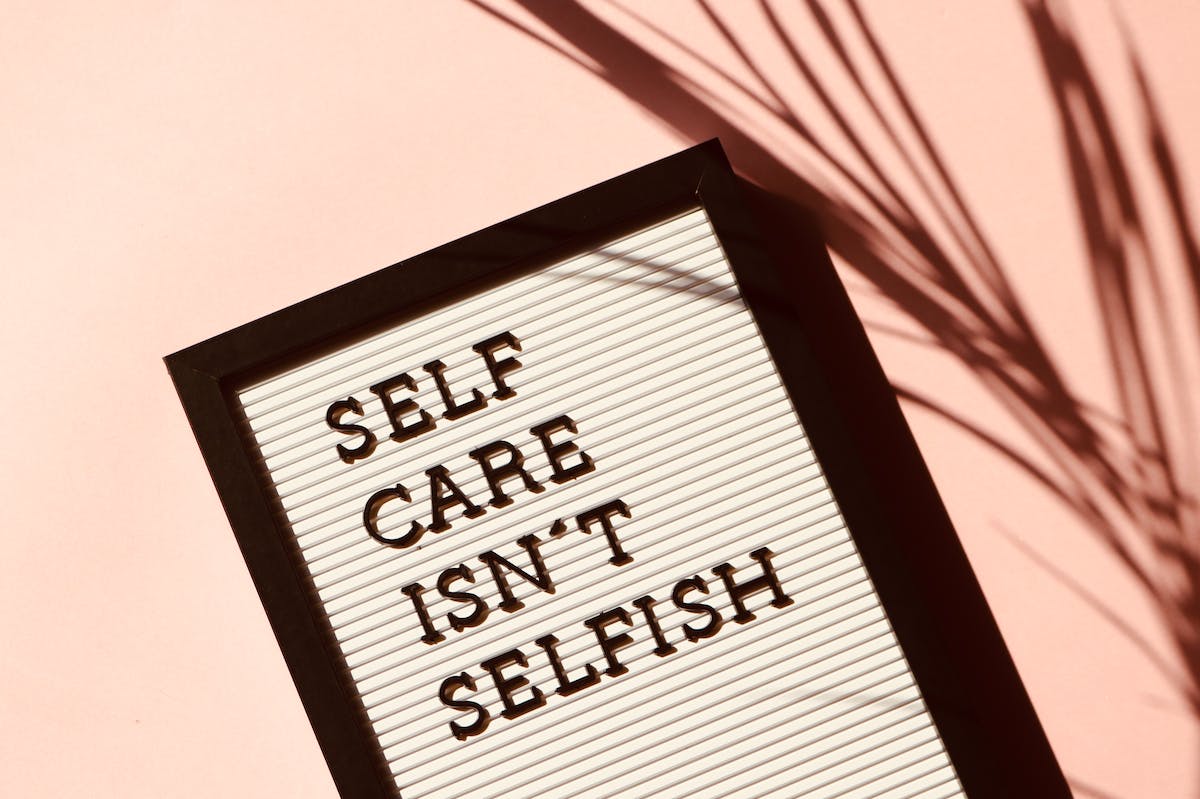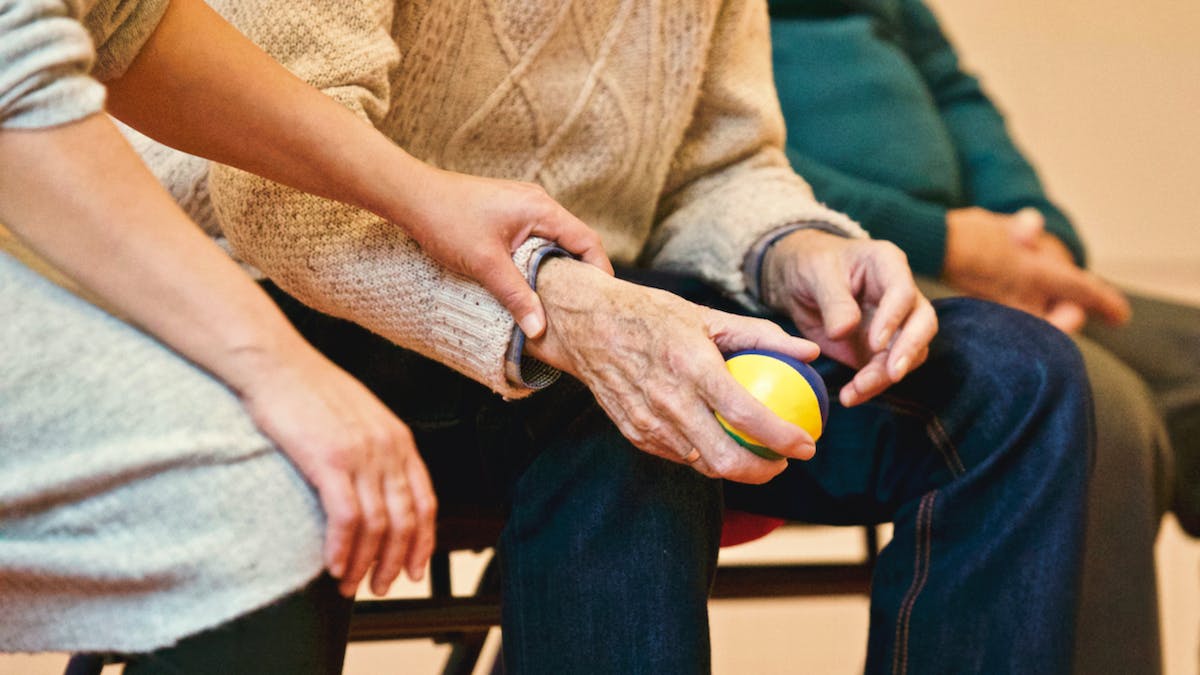Advertisement
Lifestyle
Maintaining good mental health while staying informed about the situation in Israel can be challenging

How to protect your mental health while keeping tabs on the Israel …
Understanding the Importance of Mental Health
Mental health is an integral part of overall wellness. It affects our thoughts, emotions, and behavior, playing a vital role in how we handle stress, relate to others, and make choices. In today’s connected world, keeping up with global events can sometimes be overwhelming, especially when it comes to turbulent, stressful situations like the on-going issues in Israel.
Staying updated without letting these events negatively impact your mental health is crucial. The following points are designed to guide you on maintaining mental health while you’re keeping tabs on crises such as the situation in Israel.
This discussion is not solely relevant for people directly affected by the conflict. Distressing news can adversely affect anyone, regardless of their geographical location or direct involvement. Acknowledging this fact is the first step towards effective mental health management.
For instance, let’s look at Sarah. She isn’t in Israel, has no family there but she feels disturbed by the events unfolding through the media. Here’s what she does to protect her mental health:
- She intentionally limits her time spent reading or watching news about the situation.
- She maintains a balanced perspective by consuming different types of news rather than focusing only on the crisis.
- She dedicates time daily to activities that help her refocus and find positivity, such as yoga or painting.
- When feeling overwhelmed, she speaks to someone she trusts about her feelings – this could be a friend, family member, or counselor.
- She maintains a healthy lifestyle – getting enough sleep, eating well, and exercising regularly.
- Finally, she reminds herself consistently that it’s okay to feel upset or disturbed, and it’s important to take care of her emotional wellbeing.
Methods to Protect Your Mental Health
There is no one-size-fits-all approach to protecting your mental health while keeping tabs on stressful situations. This requires a highly individualized strategy that suits your personal needs, resources, and resilience levels. Three widely recommended methods include limiting exposure, balancing perspectives, and acknowledging emotions.
By applying these strategies, like John who works as a journalist, you can maintain your cool amidst distressing news. He frequently comes across graphic images or reports about the ongoing situation in his work. Here’s how he manages:
- He sets specific hours during settings for these disturbing topics, outside of which he focuses on less stressful matters.
- He reminds himself that while the situation is grave, there are other positive things happening around the world too.
- John maintains an emotional gratitude journal where he lists things he is grateful for each day.
- If something particularly distressing occurs, he activates his support network – friends, family, or mental health professionals.
- He nourishes his body with balanced meals, keeps hydrated, engages in physical activity, and ensures he gets enough rest.
- Lastly, he spends time doing what he loves – playing the piano and spending time with his dog – as a form of self-care.
Community Support
Community support is a powerful tool for preserving mental health. Joining groups or forums where people share their concerns and experiences can be therapeutic. Participating in community initiatives can also help you feel proactive and less helpless about the situation.
Let’s take David’s example. He lives far from Israel but has close ties there. The news coverage is deeply upsetting for him. Here’s how he copes:
- He joined a local community group where people experiencing similar feelings meet and share their concerns.
- He actively participates in peaceful demonstrations expressing solidarity for peace in Israel. This gives him a sense of purpose and agency.
- David set up a small fundraiser to contribute towards aid for those affected in the region.
- He ensures his daily routine isn’t disturbed by setting aside time dedicated only to these activities.
- He preserves a healthy lifestyle, which includes regular exercise, restful sleep, and nutritious meals.
- Lastly, David practices mindfulness techniques like meditation and yoga to keep his mental space clear.
Maintaining Perspective Balance
While understanding the gravity of the situation is critical, it is just as important to maintain a balanced perspective. Knowing that not everything happening around the world is negative can be helpful. We should also be mindful that outcry about one issue does not mean other issues are less important.
A model of maintaining balance is Emily – she’s empathetic and concerned but knows that an imbalance affects her mentally. Here’s what she does:
- Emily tunes into different news sources to get a comprehensive picture of global events.
- She intentionally seeks out inspiring and uplifting stories to counterbalance the distressing news from Israel.
- She indulges in her hobby of bird watching to occupy her mind with something outside the ongoing crisis.
- Whenever feeling overwhelmed, she talks to her therapist or friends about her thoughts and emotions.
- Now, more than ever, she maintains a regular routine, ensuring enough sleep and nutrition.
- She also finds time for physical activity. Walking in nature soothes her mind.
Summary Table
| Strategy | Description |
|---|---|
| Limit Exposure | Set specific hours to read news concerning the distressing situations. |
| Balanced Perspective | Acknowledge the issue but keep a balanced view of other narratives in the world. |
| Acknowledge Emotions | It’s okay to feel upset or disturbed, talk about your feelings to someone you trust. |
| Community Support | Join groups or forums where people share their concerns and experiences. |
| Maintain Healthy Lifestyle | Incorporate regular exercise, restful sleep and nutritious meals into your daily routine. |
| Seek Professional Help | If your distress persists or worsens, reach out to mental health professionals for guidance or therapy. |












